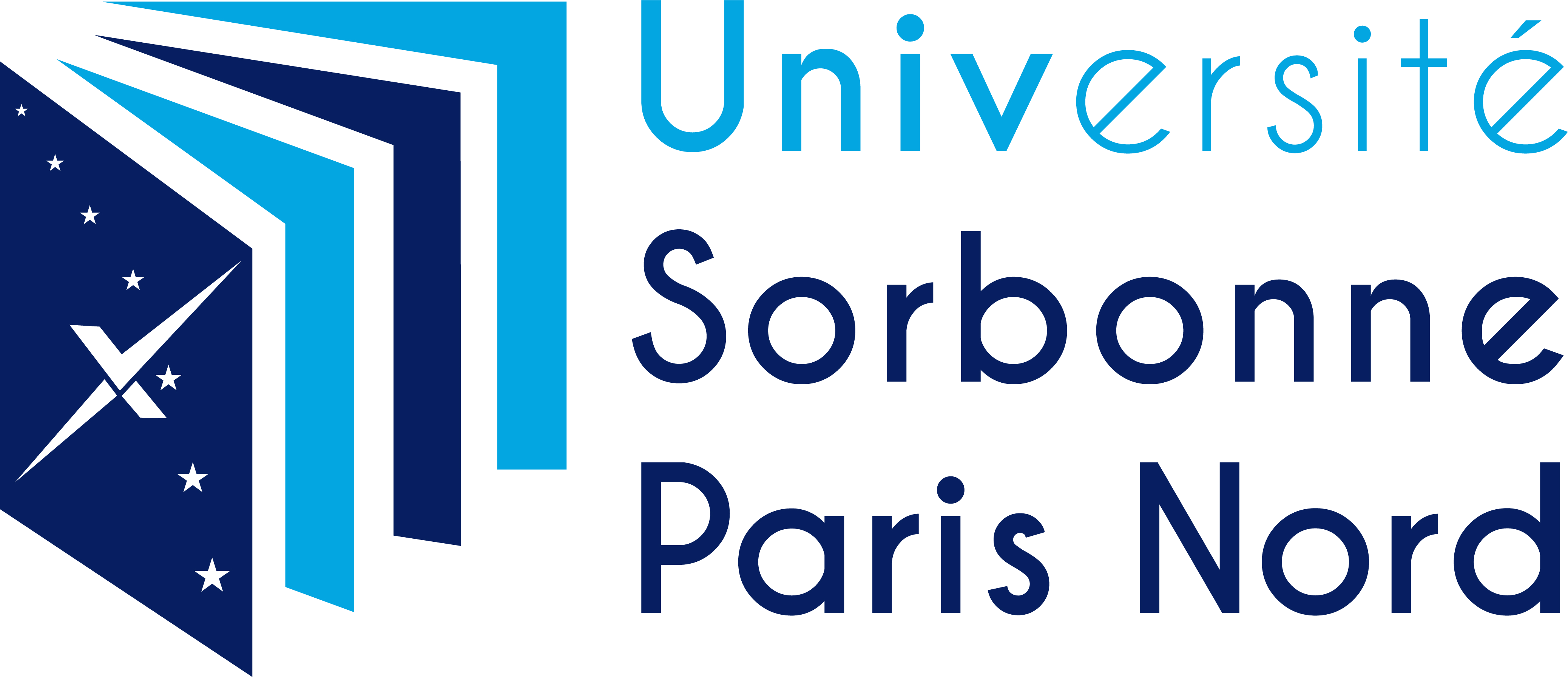|
Master
Informatique Master of Science in Informatics Directeur
: Pr.
Younès Bennani
Université Paris 13-Institut Galilée, 99 Avenue J-B. Clément -93430 Villetaneuse, France |
|||||
|
|||||



